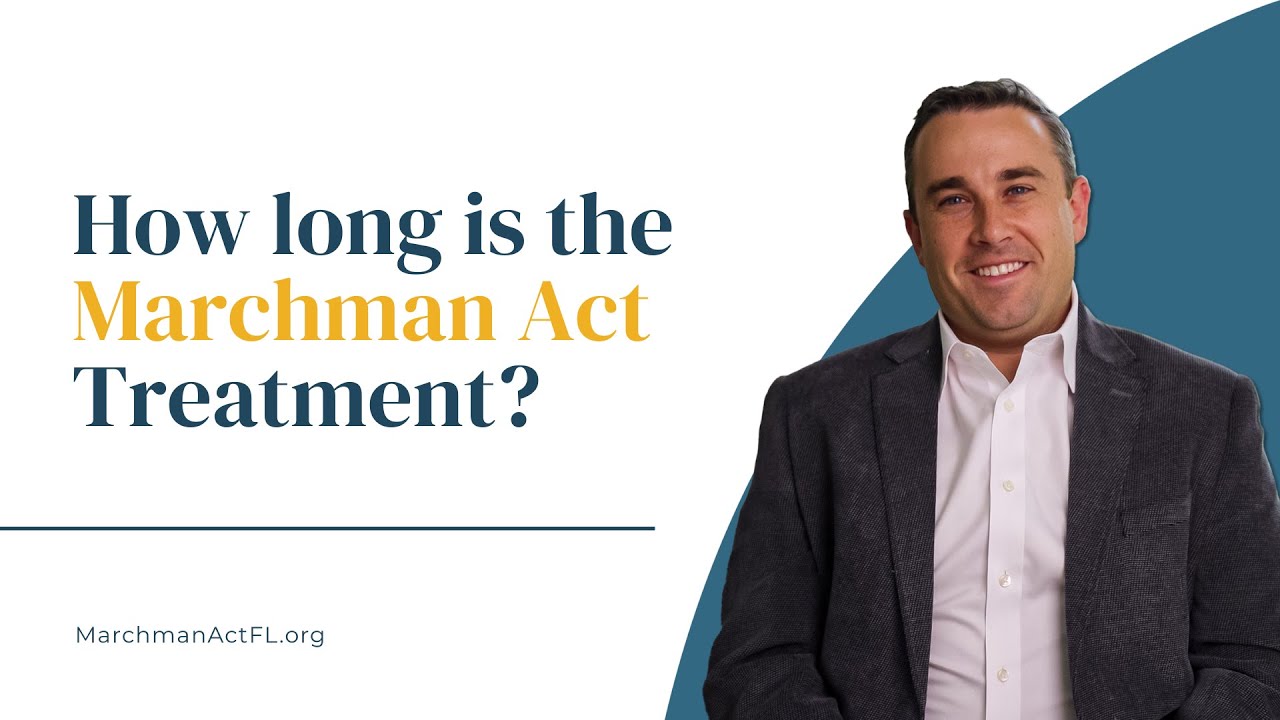
Initial Assessment and Stabilization Timeframes
When individuals enter treatment under Florida’s Marchman Act, they undergo an initial assessment and stabilization period that typically spans 72 hours to 5 days, depending on the severity of their substance use disorder and any co-occurring medical conditions.
During this critical phase, healthcare professionals conduct a thorough initial evaluation, which includes medical screening, psychological assessment, and substance use history documentation. The detoxification process, if necessary, begins immediately under medical supervision to guarantee client safety and comfort throughout withdrawal.
The stabilization timeframe may be extended beyond the initial period if medical professionals determine that additional monitoring is required, particularly in cases involving severe withdrawal symptoms or complicated medical conditions that necessitate a more gradual approach to achieving physiological and psychological stability.
Factors That Influence Treatment Duration
Beyond the initial assessment and stabilization period, several key factors determine the overall duration of treatment under the Marchman Act, with each case presenting unique variables that medical professionals must carefully evaluate.
Treatment goals are established based on the severity of substance use, co-occurring mental health conditions, and the individual’s physical health status. Individual needs, including support system strength, previous treatment history, and level of engagement in recovery, greatly impact the length of care required. Medical professionals consider factors such as:
- Degree of physiological dependence
- Presence of withdrawal complications
- Social stability and housing situation
- Employment status and work responsibilities
- Insurance coverage and financial resources
- Family involvement and community support
These elements collectively inform the treatment plan’s duration, ensuring appropriate care that maximizes the likelihood of successful recovery.
Extension Options and Long-Term Care Planning
Although the initial treatment period under the Marchman Act typically spans 60-90 days, medical professionals can recommend extensions based on recorded clinical necessity and individual progress. Treatment extensions can be granted through court petitions when verified evidence demonstrates ongoing substance dependency or mental health concerns requiring continued intervention.
Care coordination becomes particularly vital during extension periods, as treatment teams must develop thorough long-term care strategies that address both immediate recovery needs and sustained wellness goals. These extended treatment plans often incorporate:
- Stepped-down levels of care with gradually increasing independence
- Integration of community-based support services
- Development of relapse prevention strategies
- Coordination with outpatient providers and support groups
- Implementation of family support systems and educational resources
- Regular assessment of progress metrics and treatment effectiveness



